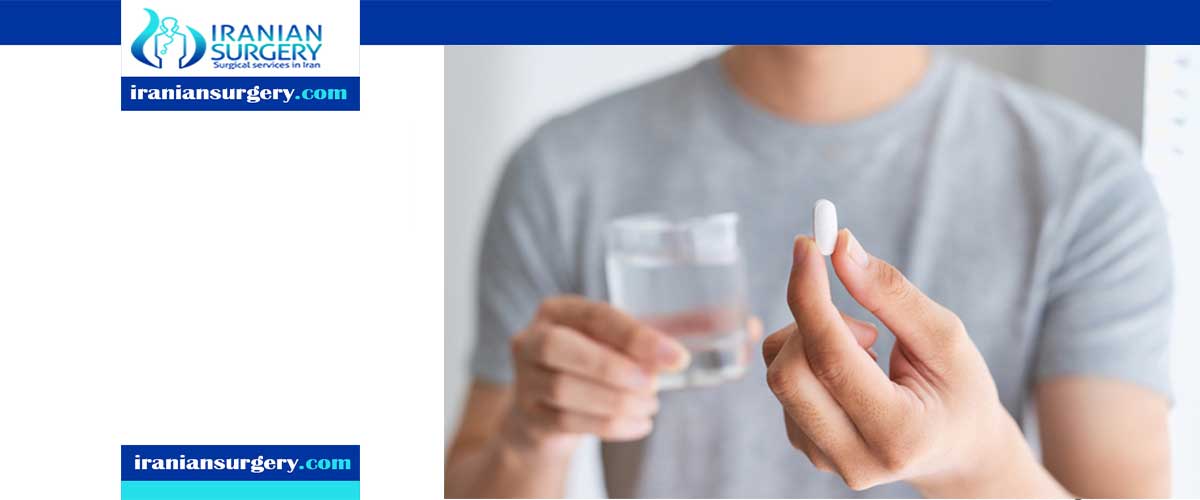prostatectomy recovery

prostatectomy recovery
what you should do after prostatectomy?
Typically, patients stay in the hospital overnight after surgery and then need to recuperate at home for a month before returning to work. Most men can start to drive a few weeks after surgery. You should avoid heavy lifting for several weeks after surgery. It usually takes about six weeks for most men to feel back to normal.
Pain control
While you are in the hospital, you will probably be given pain medication by mouth and through a vein (intravenously) in your hand or arm. Your doctor also will probably give you a prescription for a pain medication that you can take at home once you are released from the hospital. Most patients can manage pain at home with acetaminophen (Tylenol) and ibuprofen (Motrin or Advil).
Wound
If you have had an open prostatectomy, you will have a wound on your tummy or a wound between your scrotum and your back passage. If you have had a laparoscopic prostatectomy, you will have a few small wounds. You may have a small tube in the wound to drain any fluid coming from it. This is usually removed after a few days.
Constipation
The combination of anesthesia, lessened activity and narcotic pain medicine often creates problems with bowel function. You may be prescribed stool softeners or laxatives. Drinking fluids, walking and eating frequent, small, easily digestible meals and fruit will help relieve constipation.
One month after surgery:
Doctors recommend no strenuous activity or heavy lifting for at least one month after surgery. Most people take off work for three to four weeks. If you work from home, you could return to work sooner.
By one month after surgery, your life should start getting back to normal. Some men experience side effects, including:
- Urinary incontinence (urine leaking)
- Erectile dysfunction
Recovery from surgery takes time. These side effects are often temporary. However, if they are affecting your quality of life, ask your doctor about options that can help.
10 common questions about prostatectomy recovery
[kkstarratings]


